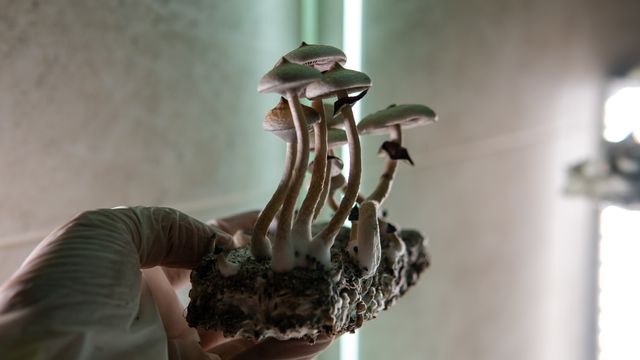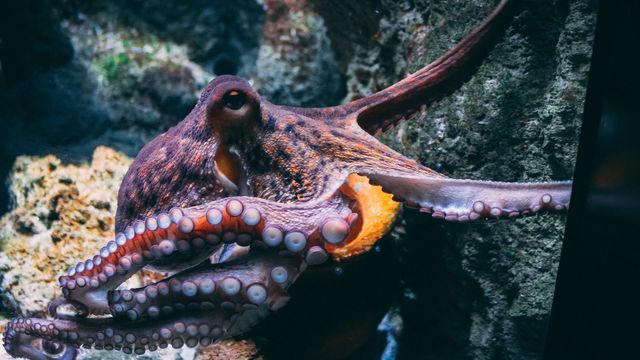Trending News
News
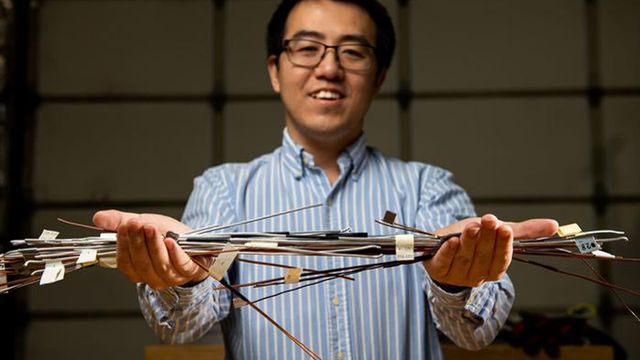
News
Adding Small Amounts of Solid Carbon to Copper Wire Boosts Its Conductivity
A common carbon compound is enabling remarkable performance enhancements when mixed in just the right proportion with copper to make electrical wires. It’s a phenomenon that defies conventional wisdom about how metals conduct electricity.
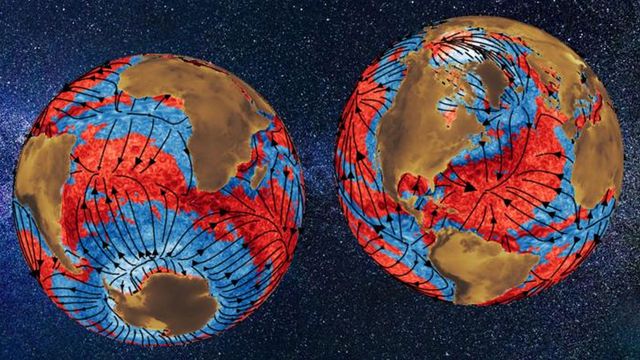
News
Scientists Uncover Link Between the Ocean’s Weather and Global Climate
Researchers have found the first evidence linking seemingly random ocean weather systems to the climate on a global scale.

News
Scientists Engineer Bacteria To Make Two Valuable Products From Plant Fiber
Scientists have engineered bacteria to make a key ingredient of plastics and a carotenoid used in pharmaceuticals simultaneously, from an underutilized plant fiber.

News
Weight Loss Can Significantly Alter Your Microbiome and Brain Activity
Worldwide, more than one billion people are obese. Weight loss via intermittent energy restriction results in synchronized changes throughout brain-gut microbiome axis.

News
Novel Cause of Diabetes Discovered, Could Lead to Potential Treatment
Researchers have identified an enzyme that blocks insulin produced in the body—a discovery that could provide a new target to treat diabetes.
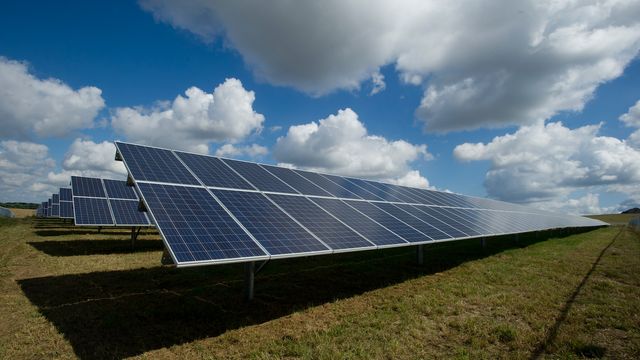
News
Engineers Prevent Degradation of Promising Solar Cell Materials
Georgia Tech materials engineers have unraveled the mechanism that causes degradation of a promising new material for solar cells — and they’ve been able to stop it using a thin layer of molecules that repels water.

News
Researchers Are “CReATiNG” Synthetic Chromosomes Faster and Cheaper
A new technique to clone and reassemble DNA, dubbed CReATiNG, could simplify and lower the cost of making synthetic chromosomes. Potential applications are numerous, including pharmaceutical production, biofuel generation, and cancer therapies.

News
Changes in the Microbiome Associated With the Formation of Kidney Stones
A new study has found changes in the microbiome in multiple locations in the body are linked to the formation of kidney stones. The research team examined the gut, urinary and salivary microbiomes in 83 patients who had kidney stones.
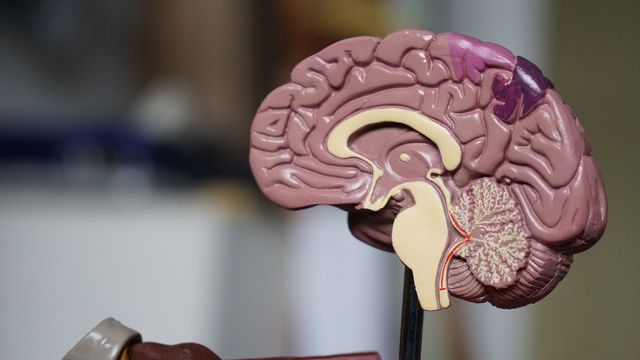
News
Harmful Tau Proteins’ Impact on Neurons Unveiled for Alzheimer’s Treatment
University of Virginia Alzheimer’s researchers have discovered how harmful tau proteins damage the essential operating instructions for our brain cells, a finding which could lead to new treatments.
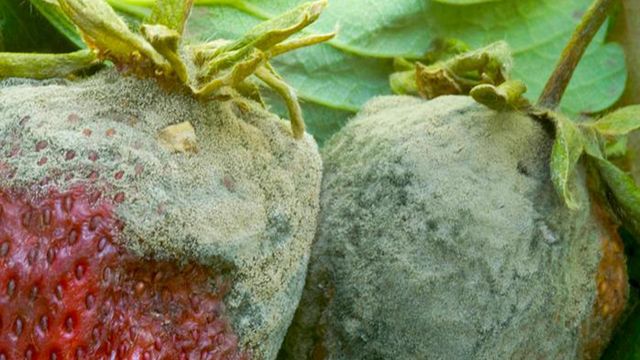
News
Plants Use “Trojan Horse” To Fight Mold Invasions
UC Riverside scientists have discovered a stealth molecular weapon that plants use to attack the cells of invading gray mold.
Advertisement



